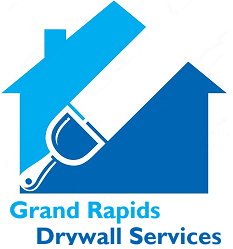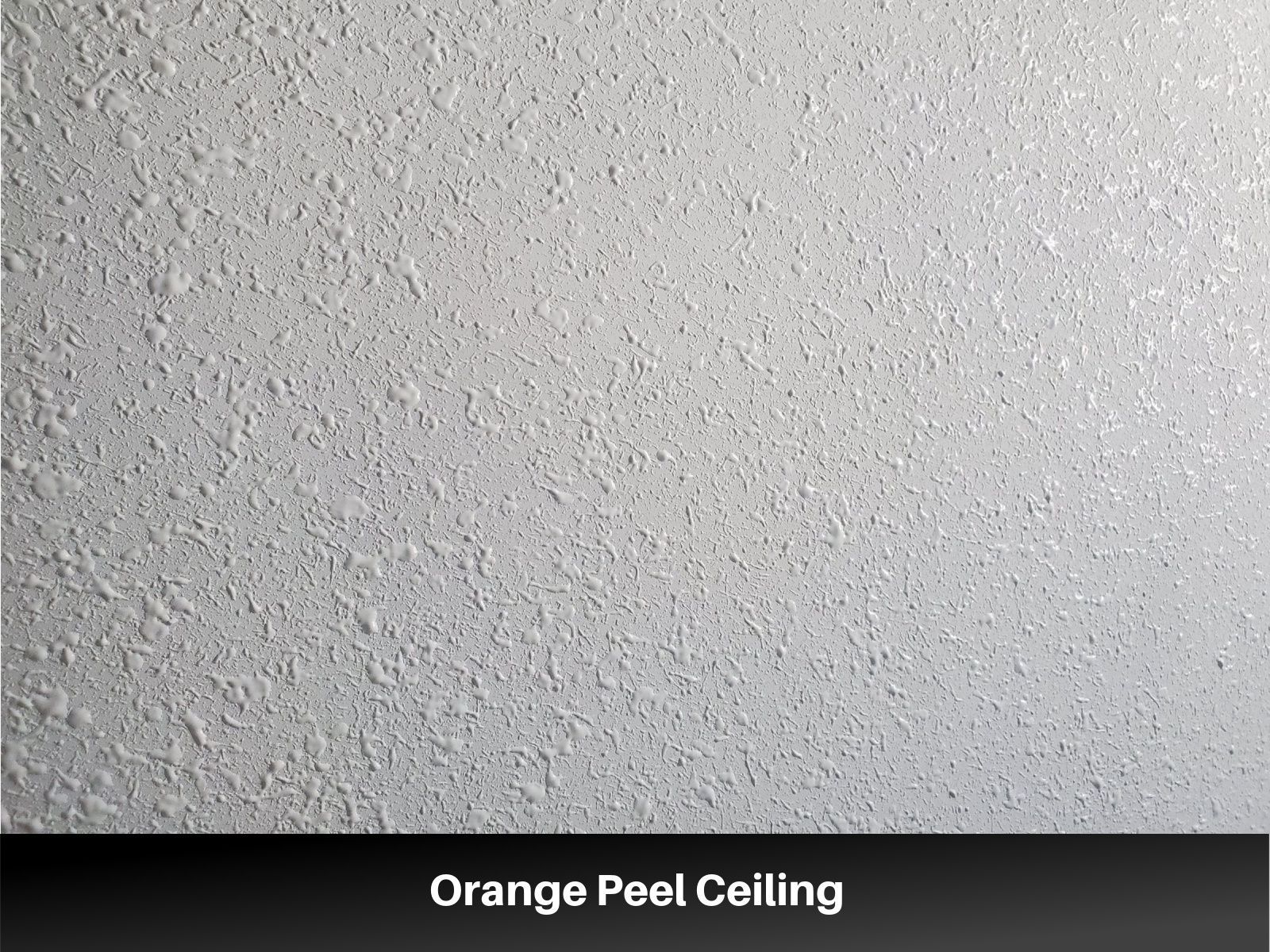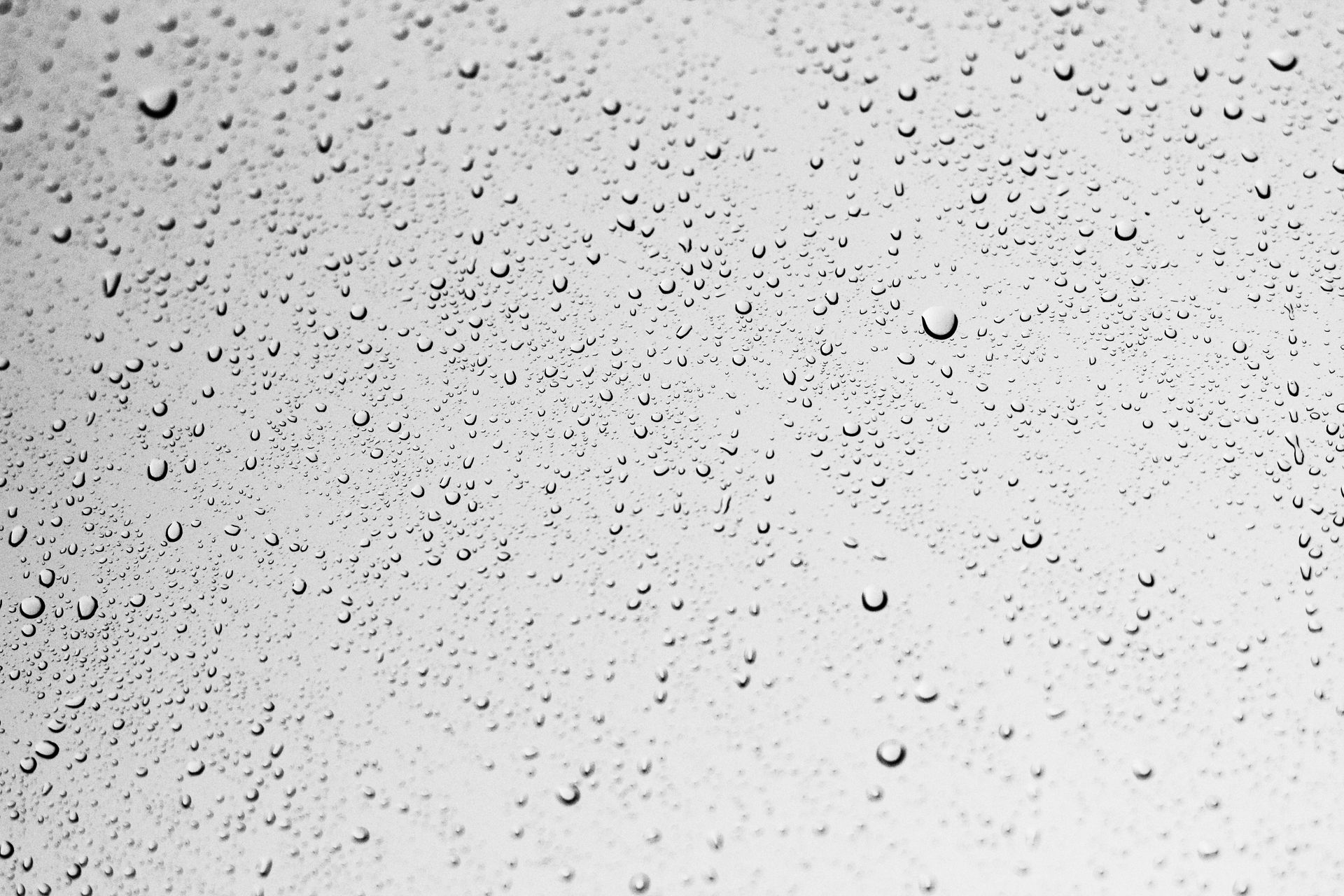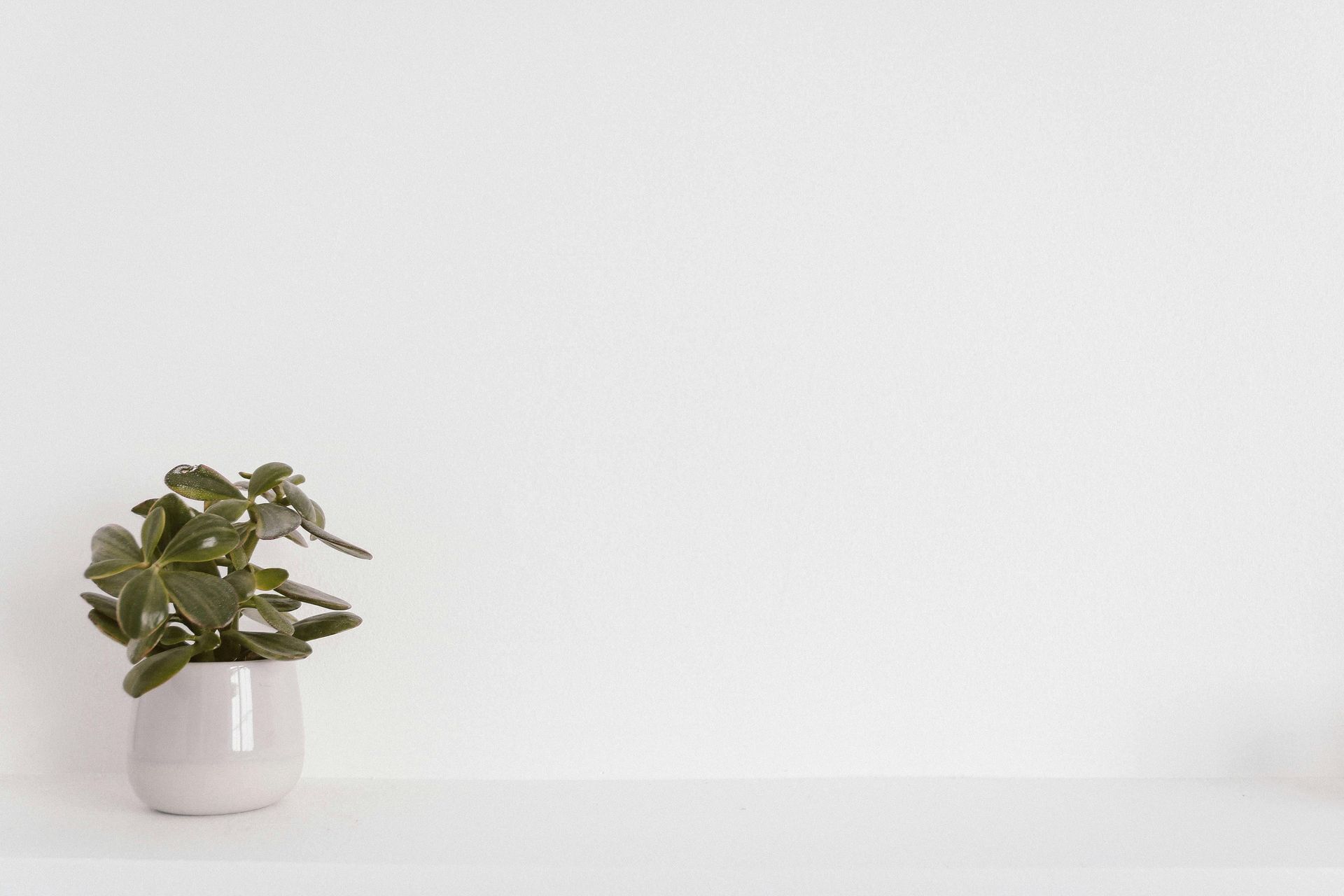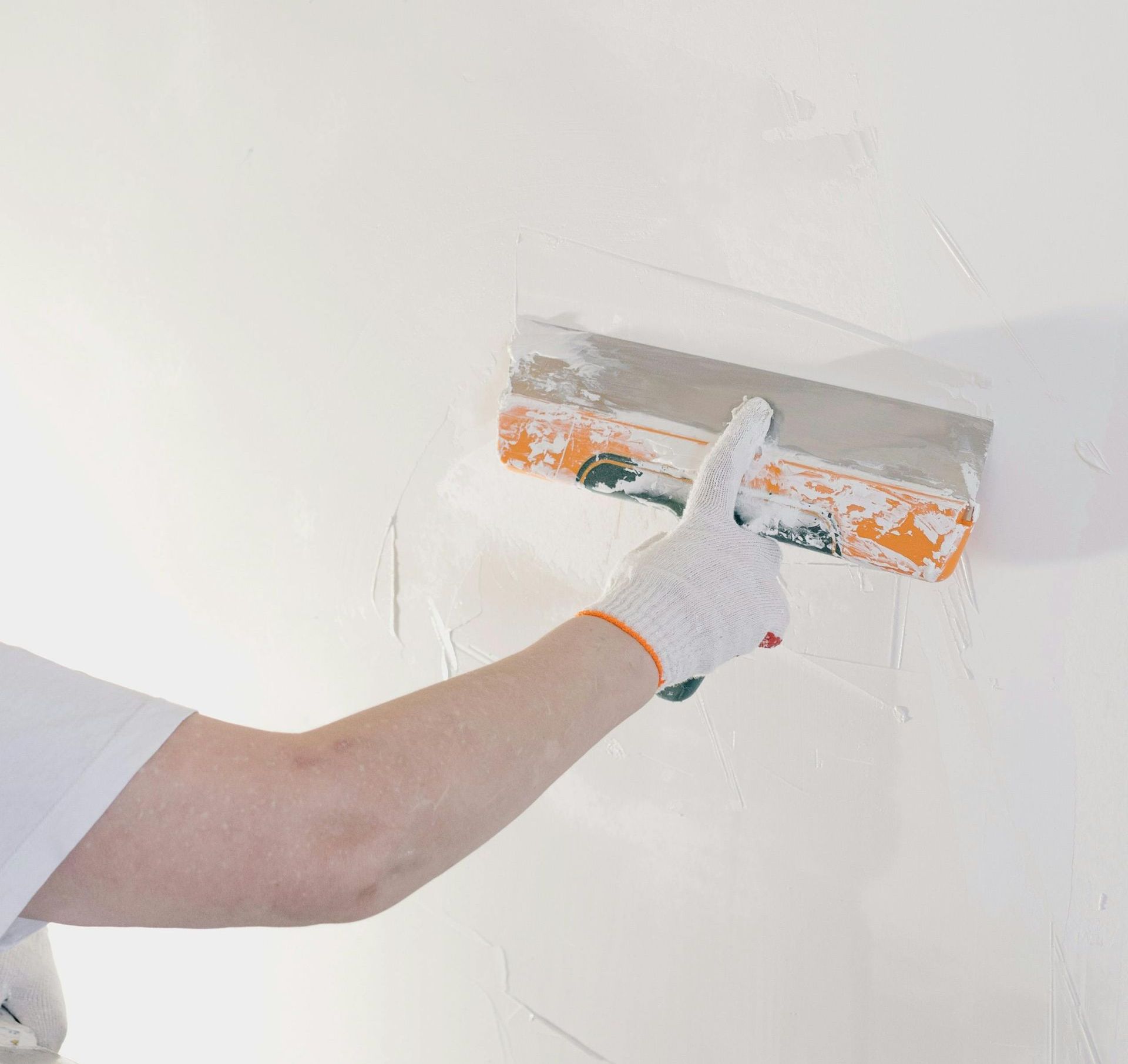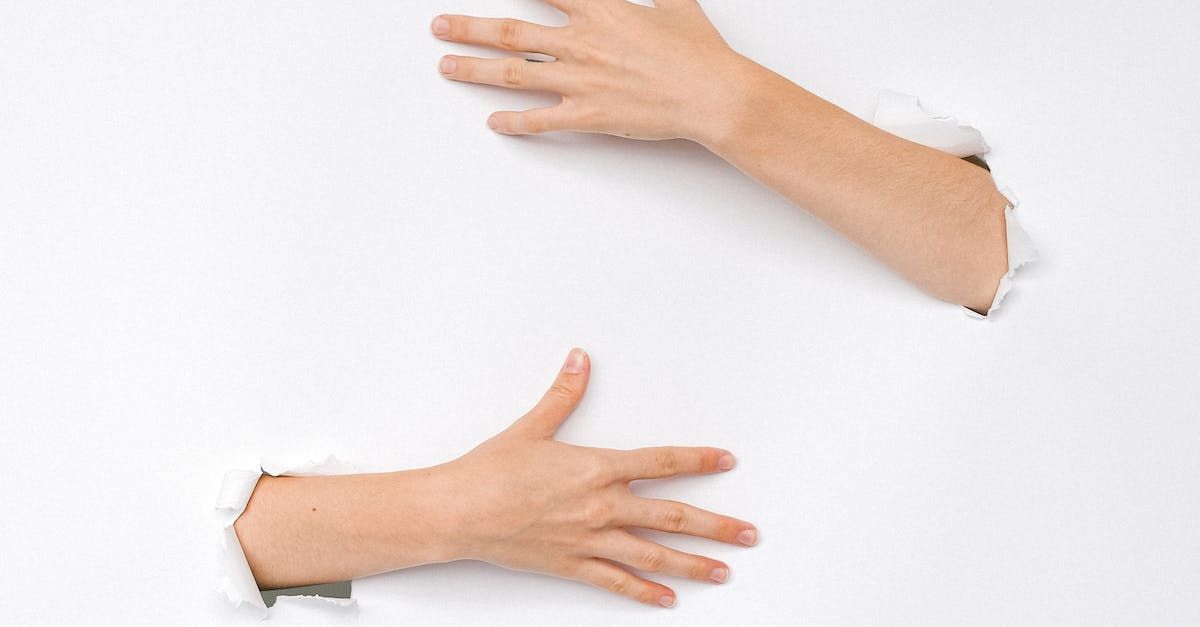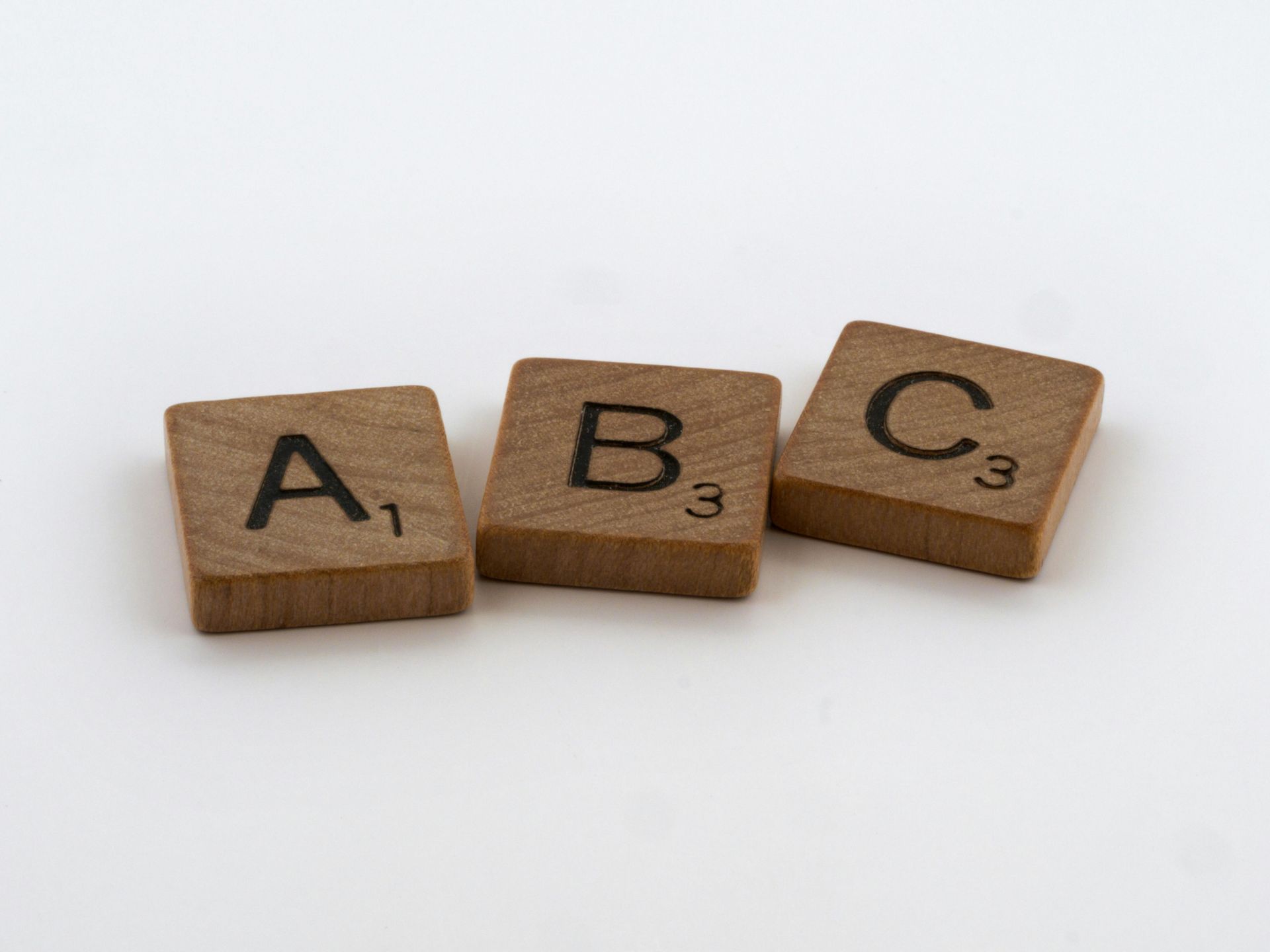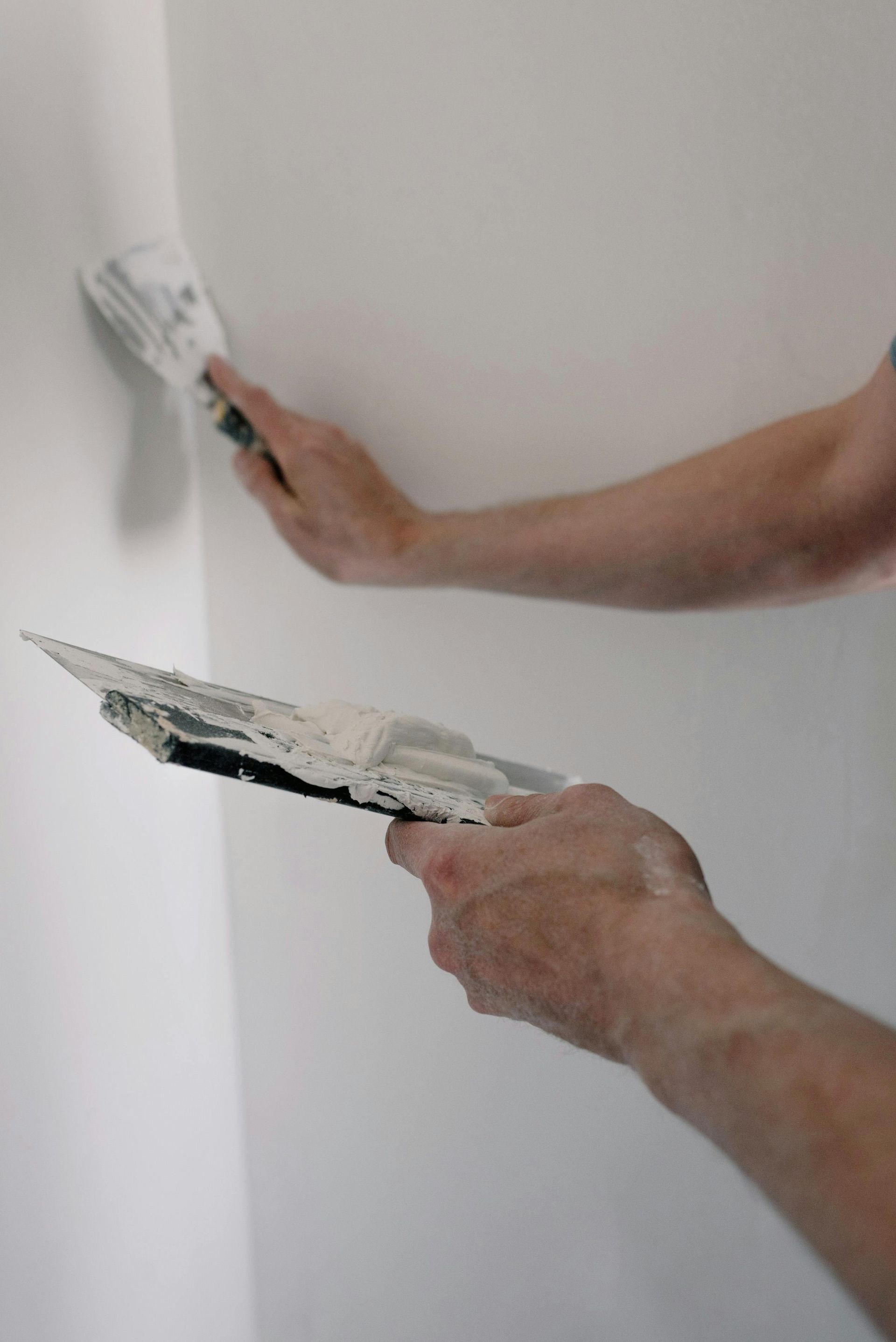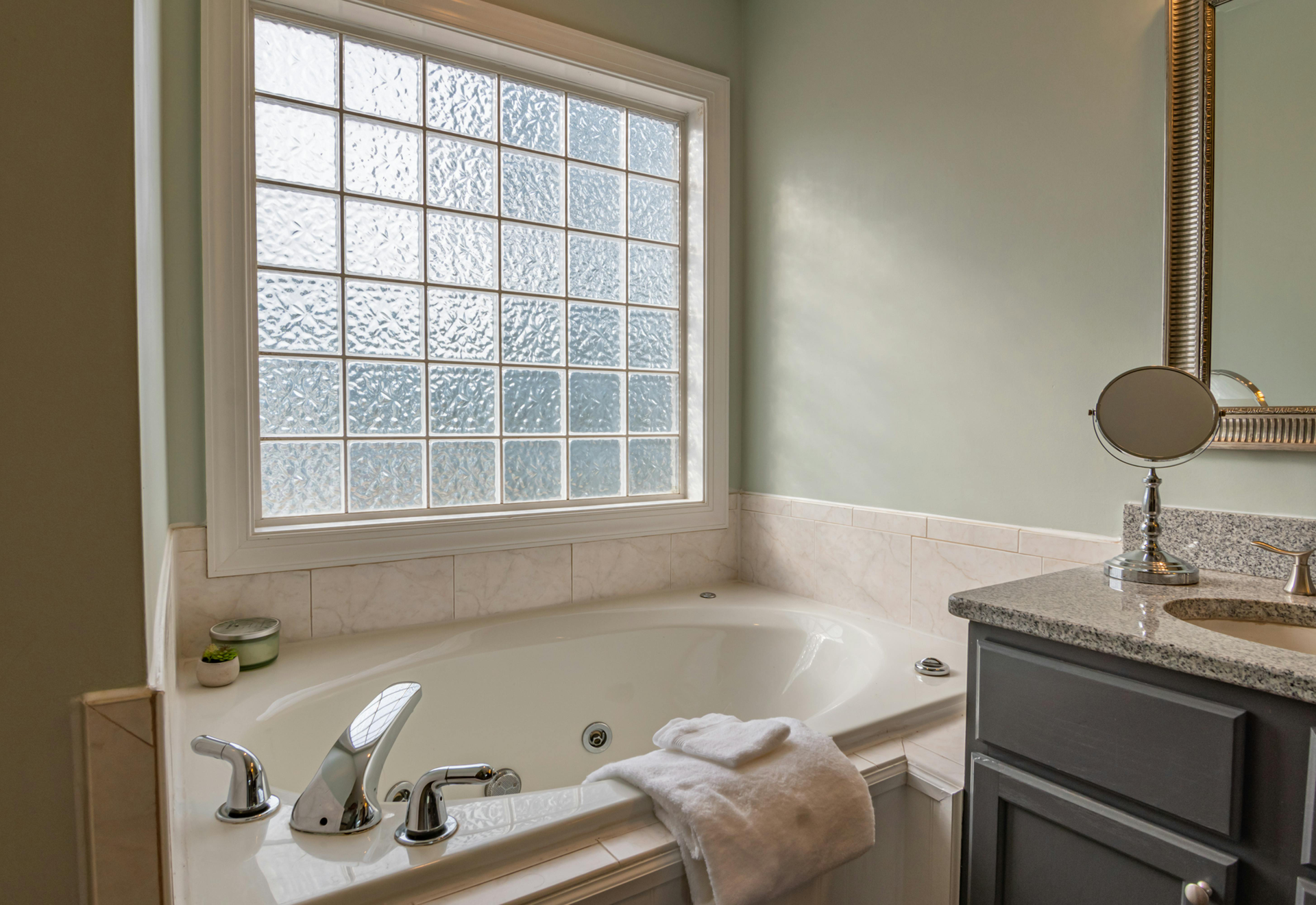Questions and Answers
Questions and Answers for Drywall Service: Everything You Need to Know About Drywall Repair and Installation in Grand Rapids, MI

When it comes to drywall repair and installation, homeowners and business owners in Grand Rapids, West Michigan, have many questions. Whether you’re tackling a small hole in your wall or installing new drywall in an entire room, understanding the process can make all the difference in ensuring a smooth and successful project. Drywall is one of the most common materials used in modern construction, and with its widespread use comes the need for professional drywall services.
In this article, we’ll address some of the most frequently asked questions about drywall repair, drywall installation, and drywall service in Grand Rapids and the surrounding West Michigan area. From understanding the basics of drywall to learning about the necessary cleanup procedures, this comprehensive guide will provide you with the insights you need to make informed decisions about your drywall projects.
1. What Is Drywall, and Why Is It Used?
Drywall, also known as gypsum board or plasterboard, is a versatile construction material primarily used to create interior walls and ceilings. It’s made by sandwiching a layer of gypsum between two thick sheets of paper. The advantages of drywall are numerous, including its cost-effectiveness, ease of installation, and fire-resistant properties. Drywall is also relatively easy to repair, making it a popular choice for both new construction and renovations.
In West Michigan, drywall is used in nearly every residential and commercial building due to its adaptability and the region's demand for durable and affordable construction materials.
2. What Are the Common Reasons for Drywall Damage?
Drywall is prone to a variety of damages, which may necessitate drywall repair services. Some of the most common reasons for drywall damage include:
- Nail pops: Over time, nails or screws used to attach drywall to the studs may pop out, creating small bumps or holes in the surface.
- Water damage: Leaks from plumbing, roofs, or windows can cause water to seep into drywall, leading to sagging, staining, and mold growth.
- Impact damage: Accidental bumps, such as from furniture or doors, can create dents or holes in drywall.
- Cracks: Settling foundations or shifts in the home can cause drywall to crack along seams, especially in older buildings.
In many cases, drywall repair can be done relatively easily, but for more extensive damage, a professional drywall service in Grand Rapids may be necessary.
3. What Is the Difference Between Drywall Repair and Drywall Installation?
While both drywall repair and drywall installation fall under the umbrella of drywall services, there are key differences between the two:
- Drywall Repair: This refers to fixing damage that has already occurred. It may involve patching small holes, fixing cracks, or replacing sections of drywall that have been affected by water damage or impact. Drywall repair is usually a smaller-scale project that can often be completed in a few hours or days, depending on the extent of the damage.
- Drywall Installation: This involves installing new drywall to create or finish walls and ceilings. Drywall installation is a more involved process that requires measuring, cutting, hanging, and finishing drywall sheets. This is typically done during new construction or when renovating a room.
If you’re facing a minor issue, drywall repair may be all you need. For larger projects, such as new construction or extensive renovations, you’ll likely need drywall installation services from a skilled professional in Grand Rapids.
4. How Do I Know If I Need Drywall Repair?
Knowing when to call a professional for drywall repair can be tricky. Here are some signs that you may need drywall repair services:
- Holes or cracks: Small holes, cracks, or damage to the surface of your drywall can worsen over time. While minor cracks may be easy to fix on your own, larger or more complex damage usually requires professional repair.
- Water stains: If you notice water stains or discoloration on your drywall, it could be a sign of a leak. Water damage can weaken the drywall, so addressing the issue quickly is essential to prevent further deterioration or mold growth.
- Uneven surfaces: If your drywall seems to be sagging, bulging, or uneven, it may be a sign of structural damage or the need for repairs.
If any of these issues sound familiar, it's a good idea to contact a professional drywall service in West Michigan to assess the damage and determine the best course of action.
5. What Does Drywall Installation Entail?
Drywall installation is a multi-step process that requires precision and attention to detail. Here’s an overview of the process:
- Preparation: Before installation begins, the area needs to be prepped. This includes removing old drywall (if necessary), measuring the space, and ensuring that the studs and framing are properly aligned.
- Cutting and Hanging: Once the area is prepared, drywall sheets are measured and cut to fit the space. The drywall is then secured to the studs using drywall screws or nails.
- Taping and Mudding: After the drywall is hung, the seams between the drywall sheets need to be taped and mudded (covered with joint compound). This step ensures that the seams are smooth and less noticeable once the final finishing is done.
- Sanding and Finishing: After the mud has dried, the drywall is sanded to create a smooth surface. Additional layers of mud may be applied to smooth out any imperfections. The final step is priming and painting the drywall.
Professional drywall installation services in Grand Rapids can help ensure that your drywall is installed correctly, with clean seams, smooth surfaces, and a professional finish.
6. How Can I Ensure Proper Cleanup After a Drywall Project?
Proper cleanup is an essential part of any drywall service, whether it’s a simple repair or a full installation. Drywall dust and debris can quickly accumulate, making it difficult to maintain a clean environment during and after the project.
Here are some tips for ensuring proper cleanup after a drywall project:
- Cover the area: Before work begins, it’s important to cover furniture and flooring with drop cloths or plastic sheets to protect them from dust and debris.
- Use a vacuum: A vacuum with a HEPA filter is ideal for cleaning up drywall dust, as it can trap fine particles that regular cleaning tools may miss.
- Clean the walls: After sanding, wipe down the drywall with a damp cloth to remove any remaining dust before priming or painting.
- Dispose of debris properly: Any old drywall, debris, or construction materials should be disposed of according to local regulations. Many drywall services in West Michigan offer debris removal as part of their service to ensure that the job site is left clean and tidy.
7. How Much Does Drywall Repair or Installation Cost in Grand Rapids?
The cost of drywall repair and installation can vary depending on several factors, including the extent of the damage, the size of the project, and the complexity of the installation. On average, drywall repair costs in Grand Rapids may range from $200 to $1,000 for minor repairs, with larger repairs costing more depending on the damage.
For drywall installation, the cost can vary based on the size of the space and the amount of drywall needed. On average, drywall installation in Grand Rapids may cost between $1.50 and $3.00 per square foot, with total project costs ranging from $1,000 to $6,000 for a typical room.
It’s always a good idea to get multiple quotes from drywall service providers in West Michigan to ensure you’re getting the best value for your project.
8. Why Should I Hire a Professional for Drywall Repair and Installation?
While DIY drywall projects are tempting, hiring a professional drywall service in Grand Rapids offers several benefits:
- Expertise: Professional drywall contractors have the skills and experience to handle any type of drywall project, ensuring a high-quality result.
- Efficiency: Experienced drywall installers can complete the job quickly and efficiently, saving you time and stress.
- Proper Tools: Professionals have access to the right tools and equipment to ensure that drywall is installed or repaired properly.
- Clean and Safe Work Environment: Professional drywall services include proper cleanup and disposal of debris, leaving your home or business clean and safe.
Conclusion
Whether you’re dealing with a small hole in your drywall or need an entire room installed with new drywall, having a reliable drywall service in Grand Rapids, MI, is essential. Drywall repair and installation can be complex, but with the right expertise, your project will be completed efficiently, professionally, and with the proper cleanup. By understanding the ins and outs of drywall repair, installation, and maintenance, you can make informed decisions and ensure the best outcome for your home or business.
If you're looking for expert drywall services in Grand Rapids or throughout West Michigan, contact a trusted local contractor who can provide top-notch drywall solutions for all your needs.
